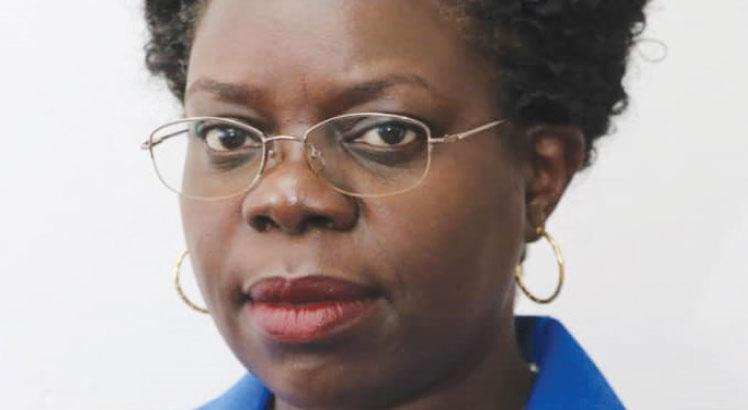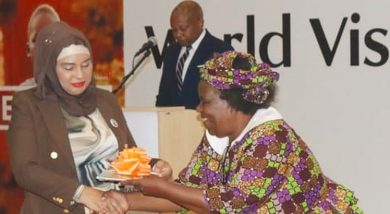ECF fell short on growth, inclusion—IMF
Despite the just ended Extended Credit Facility (ECF) broadly achieving its macroeconomic stabilisation objective, the programme fell short on growth and inclusion, the International Monetarily Fund ( IMF) has said.
Speaking at a stakeholder conference on the ECF in Lilongwe today, IMF head of mission to Malawi Oral Williams said, although Malawi has suffered weather related shocks, the country should have grown significantly given the level of external financing that it receives.
“There were a number of factors that were not favourable to the country that affected 40 percent of the population. When growth is low, the ordinary person does not benefit a lot from the economy. When inflation is high, it reduces the value of the money. So this has been one of the priorities in the arrangement,” Williams said.
Williams added that Malawi’s key achievement has been lowering of the inflation rate currently at 10.2 percent which in May 2013 was at 30 percent.
He also said that the country having attained some level of stability recently, is in a position to address the needs of the people by addressing adequate supply of social services to make growth inclusive.
In his remarks, Minister of Finance, Economic Planning and Development Goodall Gondwe said the ECF, despite taking longer than expected succeeded in stabilising the economy and the country still has scope for positive and inclusive growth.
“When they were factoring in the targets, they didn’t know we would have shortage of rainfall in two years and also did not know donors were saying goodbye to budgetary support and hence had to take longer to stabilise the economy” Gondwe said.

In July 2012, government negotiated and agreed upon the ECF in relation to the then deteriorating economy which was characterised by high inflation and shortage of fuel and foreign exchange.
The programme which was originally to be executed in three years was extended three times to allow for full implementation before coming to an end in June 2017.
But in their analysis, the IMF said there has been a mixed overall performance in regards to the programme. For instance, social spending targets during the implementation period were not met six out of nine times the IMF reviewed the programme.
However, the country has made strides in reducing inflation (recorded at 10.2 percent in July) and increasing foreign reserves to at least three months of import cover.
In support of the implementation of the programme, the IMF approved special drawing rights (SDR) of 104.1 million ($156.2 million) in July 2012 to be disbursed in a period of three years.
Still, in June 2016 IMF approved an additional SDR allocation of 34.7 million ($49.2 million) to help the country respond to effects of drought.





